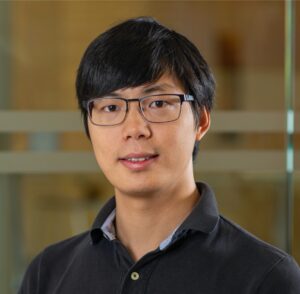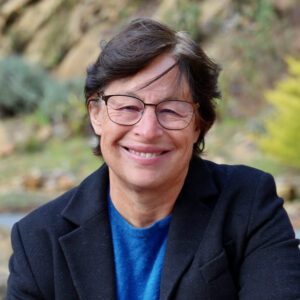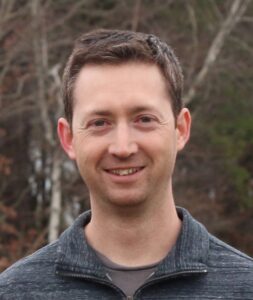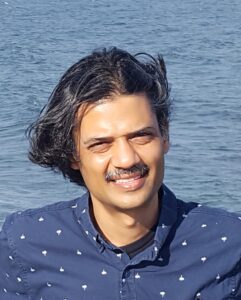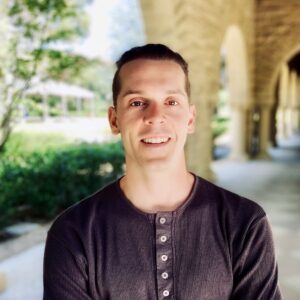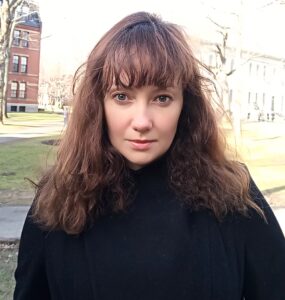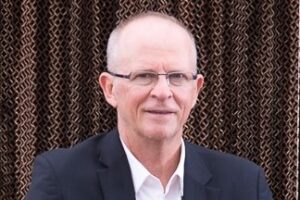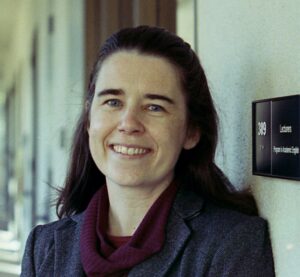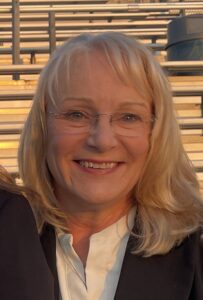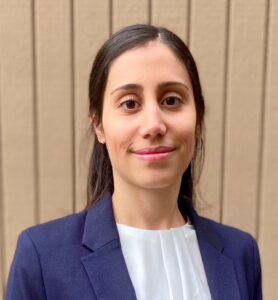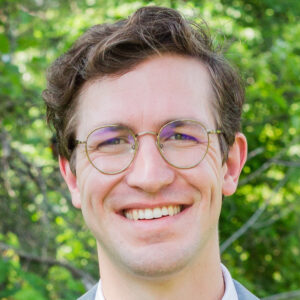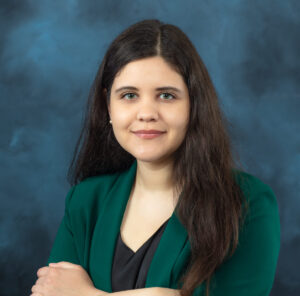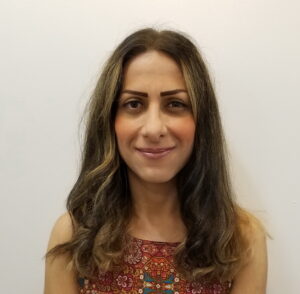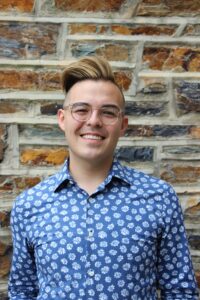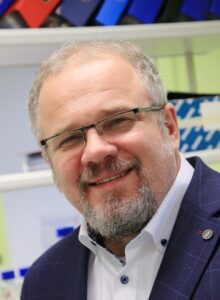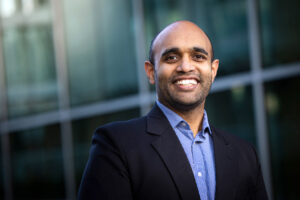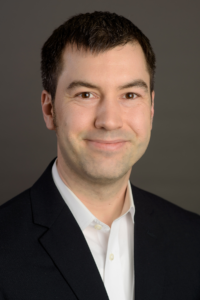Individual Members
-
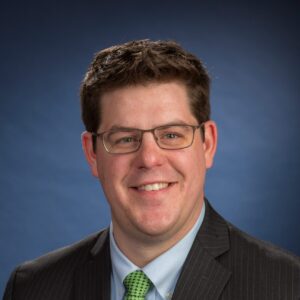
Eric Young
Eric Young received undergraduate degrees in Chemical Engineering and Biological Engineering from the University of Maine at Orono. He received his Ph.D. in Chemical Engineering from the University of Texas at Austin as an NSF Graduate Research Fellow. He completed postdoctoral research at Massachusetts Institute of Technology developing the MIT-Broad Foundry. Dr. Young is an Associate Professor of Chemical Engineering, with affiliate appointments in Biomedical Engineering and Bioinformatics and Computational Biology at Worcester Polytechnic Institute. His research objective is to understand and engineer microbes that improve the human condition. This research program informs his educational goal – to train the current and future workforce for an economy shaped by engineered biology.
